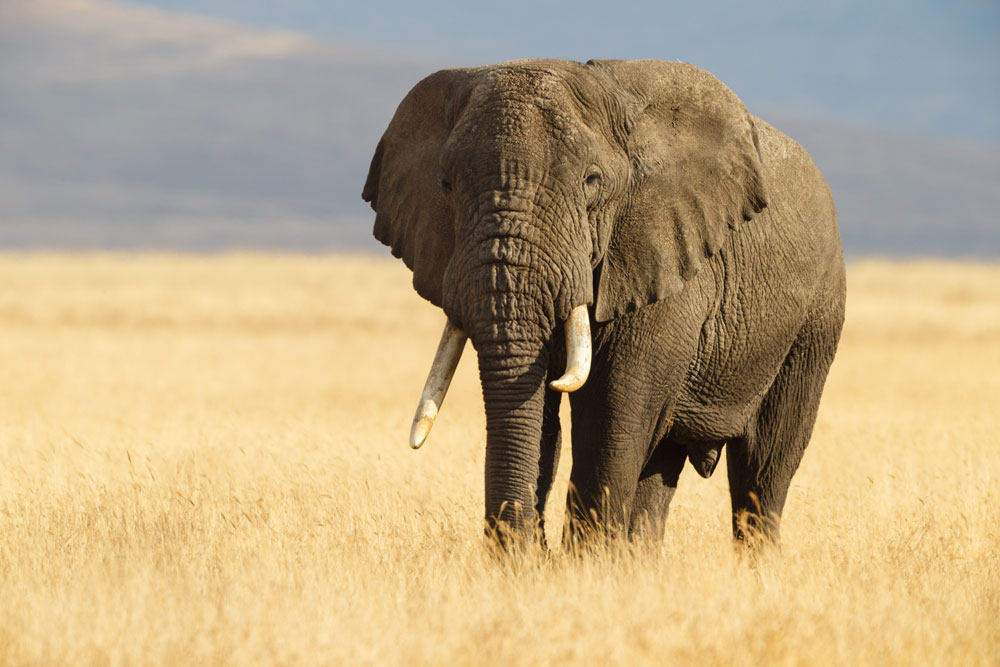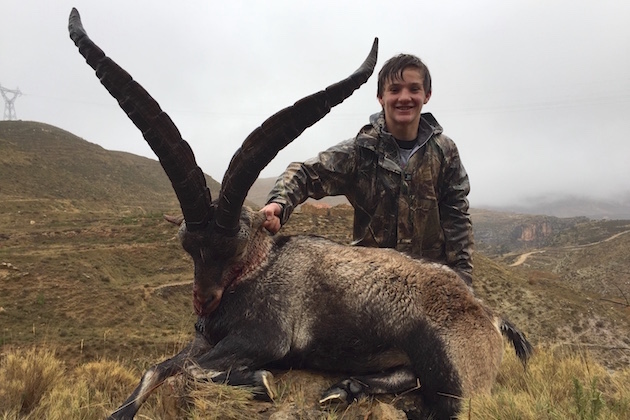This week the U.S. Fish and Wildlife Service announced that it will once again allow elephant trophies to enter the U.S. from Zambia and Zimbabwe. Hunters who took/will take a tusker in these countries between January 21, 2016, and December 31, 2018, will be eligible for the new permits.
The announcement came during the African Wildlife Consultative Forum, co-hosted by Tanzania and Safari Club International Foundation, and follows a similar decision regarding the importation of lion trophies from the same countries.
“These positive findings for Zimbabwe and Zambia demonstrate that the Fish and Wildlife Service recognizes that hunting is beneficial to wildlife and that these range countries know how to manage their elephant populations,” SCI President Paul Babaz said. “We appreciate the efforts of the Service and the U.S. Department of the Interior to remove barriers to sustainable-use conservation for African wildlife.”
Elephants in Zimbabwe are listed as a threatened species and are on CITES Appendix II. Elephant importation from Zimbabwe has been closed since May 2014, when the USFWS imposed an import ban. SCI and the National Rifle Association filed suit to challenge the ban; a court has subsequently pushed back the start date of the ban from April 4, 2014, to May 12, 2014. Individuals who legally hunted elephants in Zimbabwe during that period are now obtaining permits to bring their elephants to the U.S.
SCI and the NRA continue to pursue their challenge in court to assist hunters who legally took elephants in Zimbabwe between May 12, 2014, and the end of 2015.
The USFWS’s decision also brings positive news for elephant importation from Zambia. Zambia’s elephants are listed as threatened in the U.S. and on CITES Appendix I. Individuals who wish to import elephants from Zambia into the U.S. will need to obtain both U.S. and CITES import documents.
The move will benefit citizens of both countries by providing valuable meat that would otherwise be unavailable, but it will also help the animals themselves. In Zimbabwe, for example, approximately 50 percent of its Parks and Wildlife Management Authority’s budget comes from hunting revenue. Those funds then go into conservation and anti-poaching operations.
“Legal, well-regulated sport hunting as part of a sound management program can benefit the conservation of certain species by providing incentives to local communities to conserve the species and by putting much-needed revenue back into conservation,” an FWS spokesman said in a statement at the forum.
All of this comes just days after Secretary of the Interior Ryan Zinke debuted the International Wildlife Conservation Council, whose main task will be promoting the benefits of Americans hunting abroad.
“The conservation and long-term health of big game crosses international boundaries,” Zinke said. “This council will provide important insight into the ways that American sportsmen and women benefit international conservation from boosting economies and creating hundreds of jobs to enhancing wildlife conservation.”
For more information on this decision and to apply for an import permit, visit usfws.gov.
Photo: Kenneth Canning/iStock




